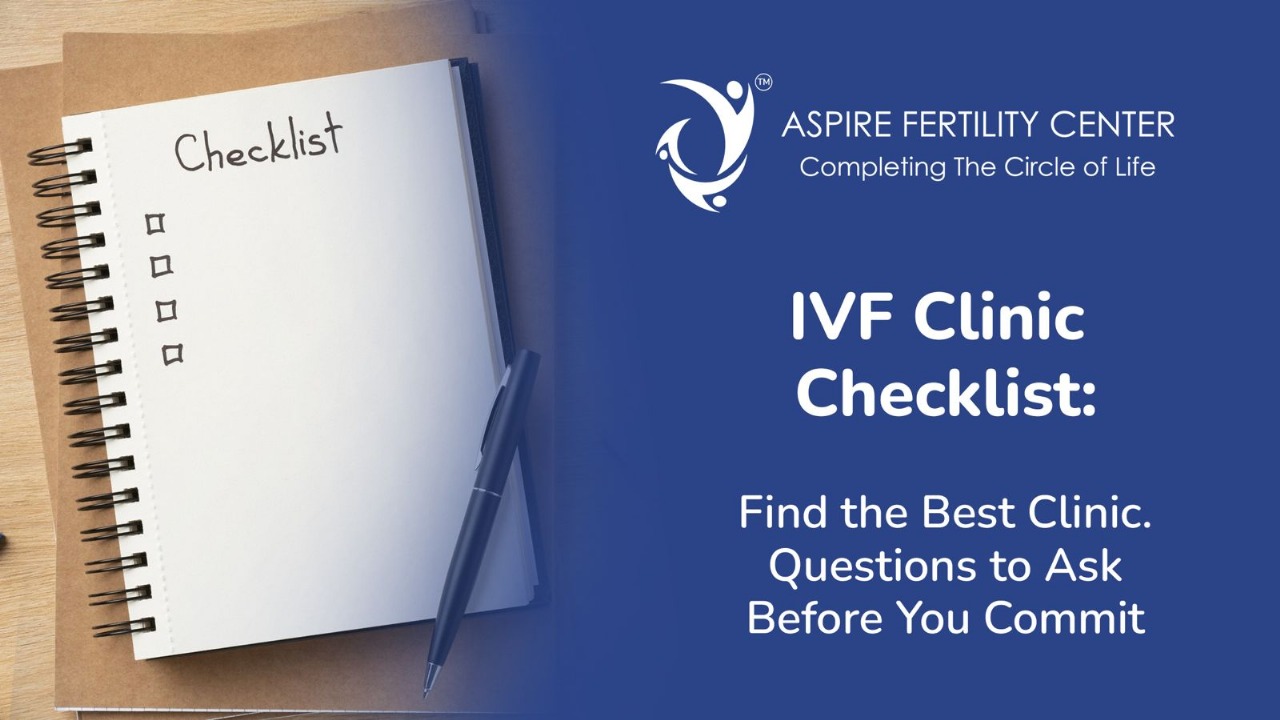Infertility has become an increasingly common affliction in the 21st century. Reproduction is what most would consider to be a basic need and to find it may be out of your reach can leave one disheartened and disappointed. Fortunately, good research and development in medicine have ensured infertility is not the end of the road, but merely a sharp turn along the way to fulfilling your heartfelt desire. Procedures such as in vitro fertilization (IVF) have allowed a lot of couples to conceive, but going through the whole treatment can be stressful and emotionally challenging and one would need to be thoroughly prepared to ensure the best chance of success on the first attempt.
Getting Ready
The first step in preparing for IVF is to understand the current status of your reproductive system as well as that of your partner. This helps the doctor understand what needs to be done, how your ovaries may respond to the treatment and the number of embryos that will need to be transferred to ensure maximum chances of success. This will be determined through a series of screenings:
- Ovarian Reserve Testing – A procedure that analyses hormone levels in your blood, this helps the doctor gauge the quantity and quality of your eggs.
- Semen Analysis – This procedure is usually conducted during the early stages, but can also be conducted before the IVF treatment starts.
- Infectious Disease Screening – A customary screening for sexually transmitted diseases such as AIDS.
- Uterine Cavity Exam – The doctor will examine the uterine cavity to check for any abnormalities that could affect the treatment.
Preparing your body and mind
As a hopeful mother, it is crucial to condition your body and ensure the best environment for your baby’s development right from the early stages. A healthy diet, particularly applied for a period of 30 days before initiating treatment, can help build the health of the egg and increase your chances of success. A good fertility diet would be rich in antioxidants, minerals and vitamins to prevent free-radicals from damaging egg and sperm health as well as provide sufficient nutrients to support the baby during the initial stages of the pregnancy. And while supplements aren’t ideal, they can help ensure you have all the right nutrients required for successful IVF treatment.
Now given stress can affect your chances of a successful pregnancy, it is important to go into IVF treatment mentally prepared to tackle emotional challenges. The treatment has more than its fair share of ups and downs and as each stage gives way to the next, the anticipation and stress levels continue on an upward curve with a failed cycle bringing it all crashing down. This can severely affect one’s marriage, relationships and even change you as a person. Knowing the challenges that come with each IVF cycle, it would help to keep your personal life stable so as to keep away other sources of stress. It is important for you and your partner to maintain a healthy relationship without making IVF the sole focus of your thoughts. An IVF cycle is without a doubt, a challenging experience and whether or not it ends in success, emerging from the treatment with a strong spirit is the best thing you can do for yourself and your loved ones.





